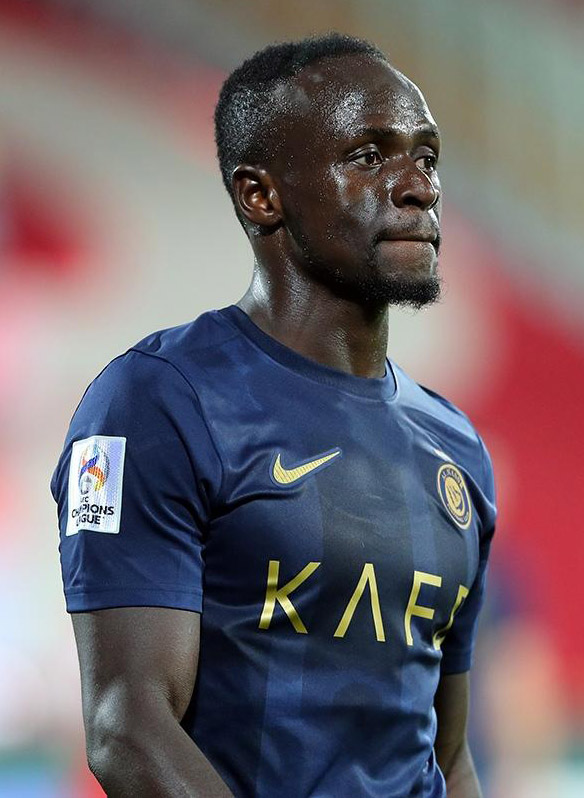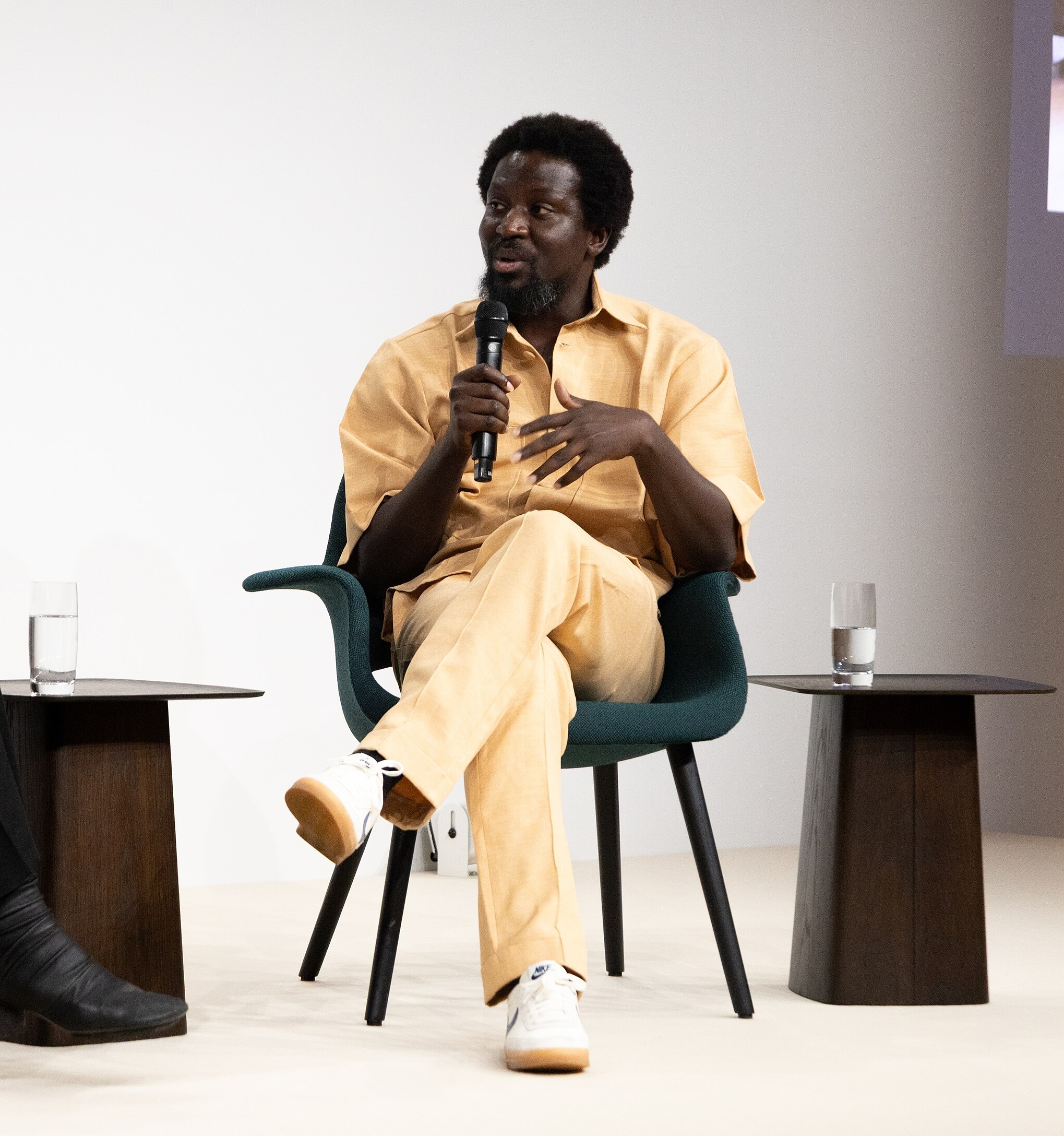Why should we care about Africa's elites?
The word “elite” often has a pejorative tone. This may be especially true for how African elites are described. The coverage of elites in Africa has often been limited to those who have succeeded in (perhaps illicit) economic accumulation. There may also be a prejudice against the idea of elites in Africa, as if somehow, on this continent, there shouldn’t be elites at all.
Of course, there are corrupt and ruthless elites in Africa—as there are everywhere around the world. But the fact that we often only hear about that kind of elites in Africa perpetuates racist stereotypes and negative depictions of the continent and its peoples. Frankly, it also embodies a pretty unsubtle understanding of what power is, how it is wielded, and when and how it may be amplified by creativity and expertise.
In this project, we generate a less siloed, more nuanced understanding of Africa’s elites by
- examining elites in six distinct spheres of human activity, seeking to understand how the skills and expertise necessary to elite influence vary and overlap across these spaces;
- asking how specific kinds of expertise, tied to both generic and particular skills, and wider creativity generate power and create elite status; and
- exploring also how elites fail or fall from power.
We believe it’s important to understand how women and others often treated as peripheral have developed new, assertive forms of countervailing power.
This is not to perpetuate a rose-tinted view of “Africa rising.” Rather, we point to how, amid ongoing international marginalisation, anti-Black racism, and misogyny, the talents and energies of Africans are more numerous, varied, and globally resonant than is commonly recognised.







